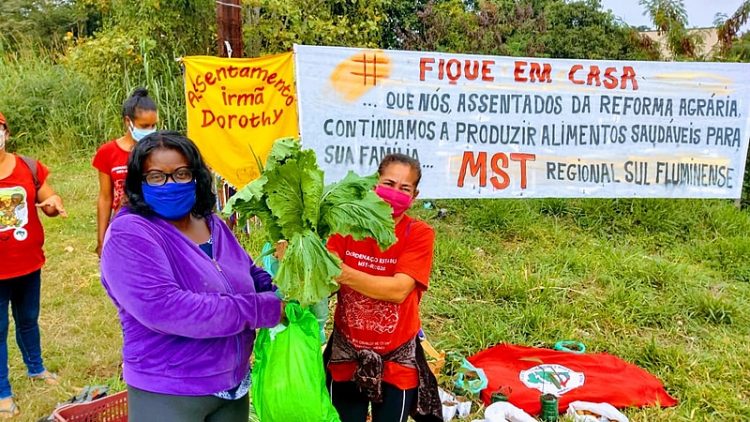e-ISSN: 1981-7746
Contact
- Avenida Brasil, 4.365 - Manguinhos - CEP 21040-360 Rio de Janeiro - RJ - Brasil
- Principal Contact
- Coordenação editorial
- (21) 3865-9850
- revtes.epsjv@fiocruz.br
- Support Contact
- fernanda.barcelos@fiocruz.br

During the pandemic caused by the SARS-CoV-2 virus, associations and social movements belonging to rural populations have taken various actions to ensure the survival of their communities. The aim of the study was to analyze the effects of associative practices in guaranteeing the health of the rural population in the context of the pandemic. This is a qualitative case study in which the Landless Rural Workers’ Movement and three quilombola associations took part, covering three regions of Brazil (South, Southeast and Northeast). A total of 15 interviewswere conductedwith members of these movements between 2021 and 2022. The data was examined using thematic analysis. The actions organized in the territories were based on principles of solidarity, the management of community life and the defence of life, making responsibility for health and social rights a community matter. Popular organization during the pandemic has led to greater commitment within associations, settlements and encampments in the fight for health and rights, provoking community mobilization and political training that has made collectives stronger to build their struggle. Associativism, through grassroots organization, has fostered solidarity, political education and collective care, acting from an emancipatory health perspective.
You may also start an advanced similarity search for this article.